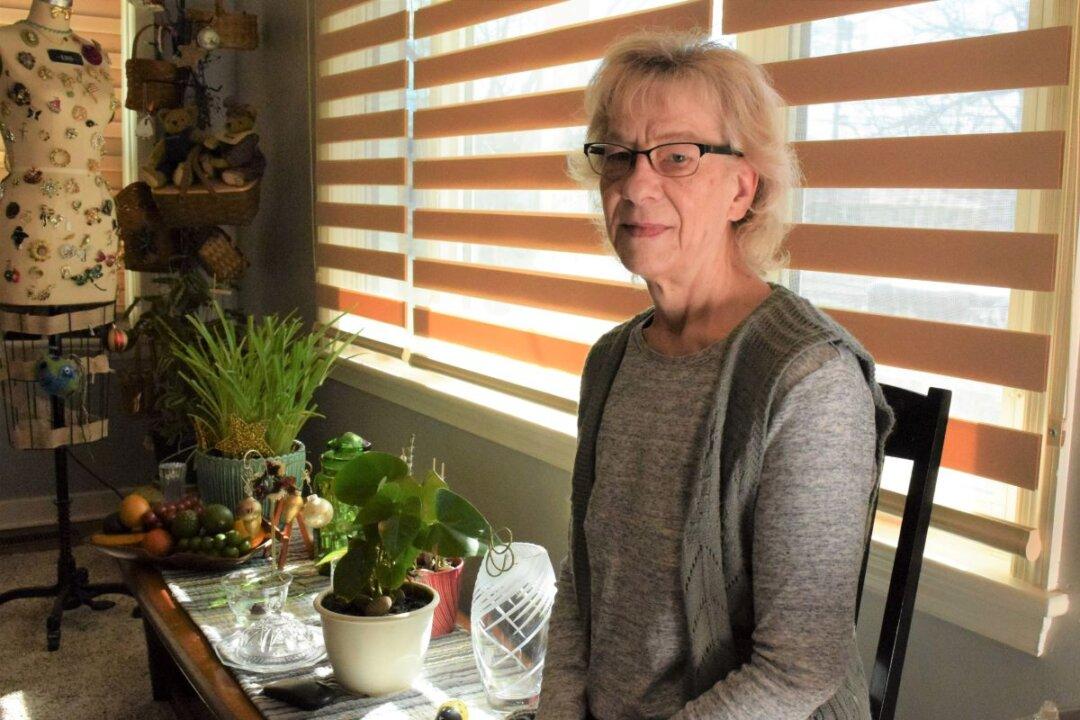Rayne Barton, 62, didn’t expect that her first visit to the doctor in months would end in arrest, but there she was on July 22, in the waiting room with her wrists handcuffed behind her back.
She would not be seeing the doctor that day.

Rayne Barton, 62, didn’t expect that her first visit to the doctor in months would end in arrest, but there she was on July 22, in the waiting room with her wrists handcuffed behind her back.
She would not be seeing the doctor that day.